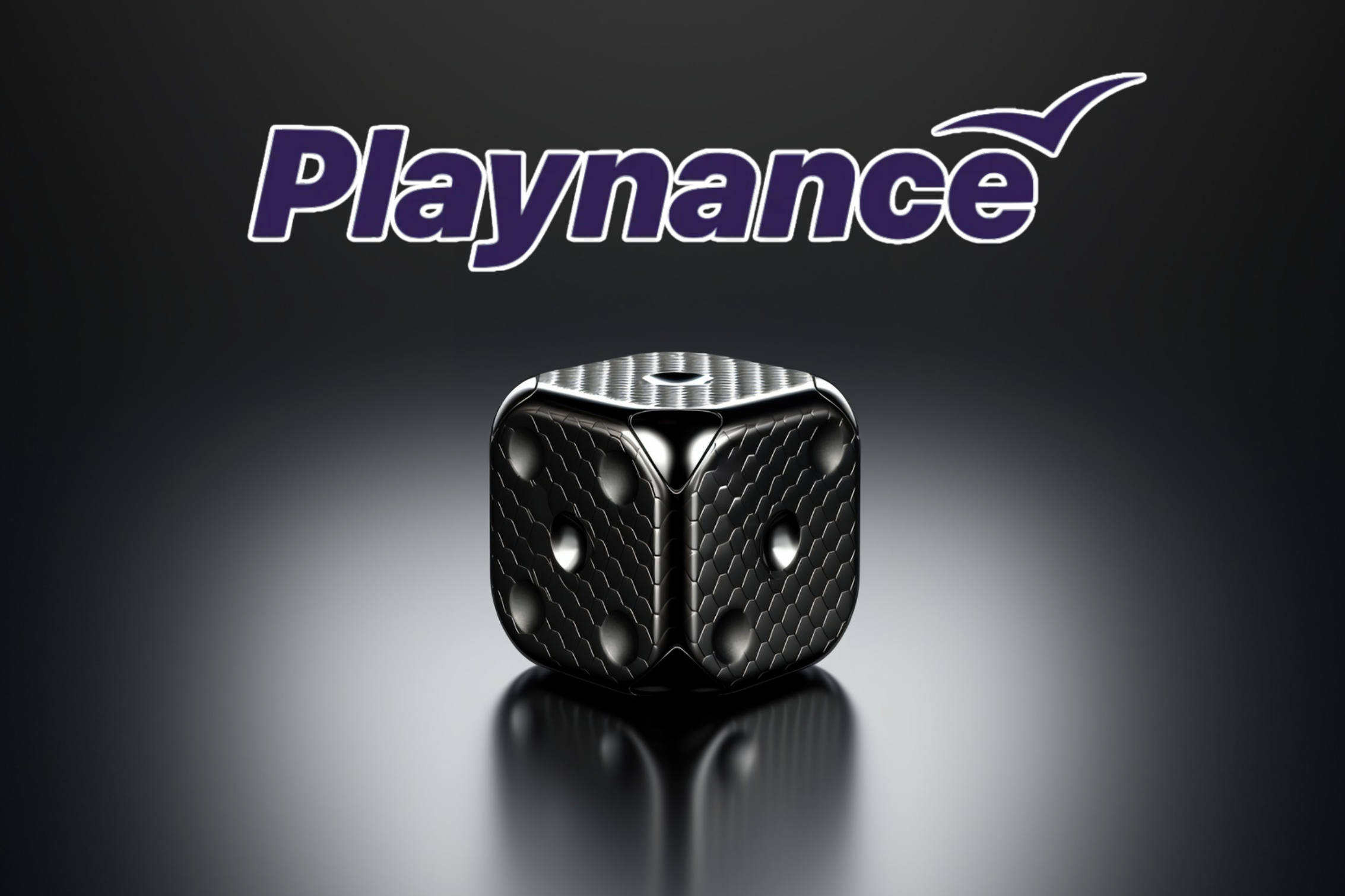France Introduces Sorare Law to Regulate Crypto-Gaming
The French National Assembly has given the nod to the Sorare law, ushering in new regulations for video games that incorporate NFTs and crypto-monetization.

In a recent move that signals changing perspectives on the crypto-gaming frontier, the French National Assembly has ratified the Sorare law. This legislation forms an integral part of the expansive Digital Space Regulation Law (SREN), laying down guidelines for the burgeoning video game industry that leverages Non-Fungible Tokens (NFTs) and cryptocurrency-based monetization.
The "Jonum Regime"
Central to this legislation is the introduction of the term "Jonum Regime," which translates to games endowed with monetizable digital objects. By bringing this into the legal lexicon, France aims to strike a balance between spurring innovation in its startup ecosystem and bolstering safeguards for users. This marks the first occasion where "Jonum" has been defined in a legal context, hinting at the emergence of a separate regulatory framework for crypto games. Such a framework would distinctly set them apart from traditional video games and the conventional gambling arena.
However, the road ahead for the Sorare law is not without challenges. It now awaits close examination by the Constitutional Council, a body vested with the authority to either sanction or dismiss the legislation. Several deputies, possibly echoing the concerns of certain stakeholders, are holding out hope for the latter outcome. Detractors of the law contend that it may inadvertently place crypto games in a more favorable position compared to online casinos. Such a scenario might prompt gambling platforms to pivot towards the burgeoning play-to-earn and Web3 sectors, further blurring the lines between gaming and gambling.

Implications for the Crypto-Gaming Industry
Should the Jonum regime receive the green light, it promises to usher in a favorable climate for France's crypto-gaming industry. In the past, this sector was on tenterhooks, with popular crypto games like Sorare teetering on the edge of being branded as gambling ventures due to specific regulatory criteria. Such a designation would have saddled them with substantial tax implications.
Yet, with the potential introduction of this law, the regulatory reins will be handed over to the Autorité Nationale des Jeux (ANJ), the French National Gambling authority. Under their watchful eyes, players will be mandated to declare their age while registering for a crypto game. Furthermore, while cashing out in-game earnings will necessitate identity verification, the initial registration process will be exempt from this requirement.
Another significant aspect of the Jonum regime is its stance on promotional activities. The law categorically curtails the use of influencers to champion Web3 games, particularly on digital platforms that lack mechanisms to bar minors. This move underscores the commitment to protect younger audiences from potential pitfalls in the rapidly evolving digital gaming landscape.
Summary
The Sorare law represents a significant step in acknowledging the evolving landscape of the gaming industry, intertwined with the complexities of cryptocurrency and NFTs. As countries globally grapple with the challenge of regulating such hybrid domains, France's initiative offers a potential blueprint for balancing technological innovation with consumer protection. The law's outcome, whether embraced or rejected by the Constitutional Council, will undoubtedly set a precedent, influencing the future trajectory of crypto-gaming regulations worldwide.





